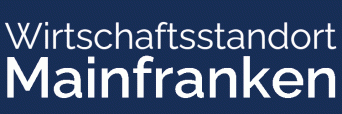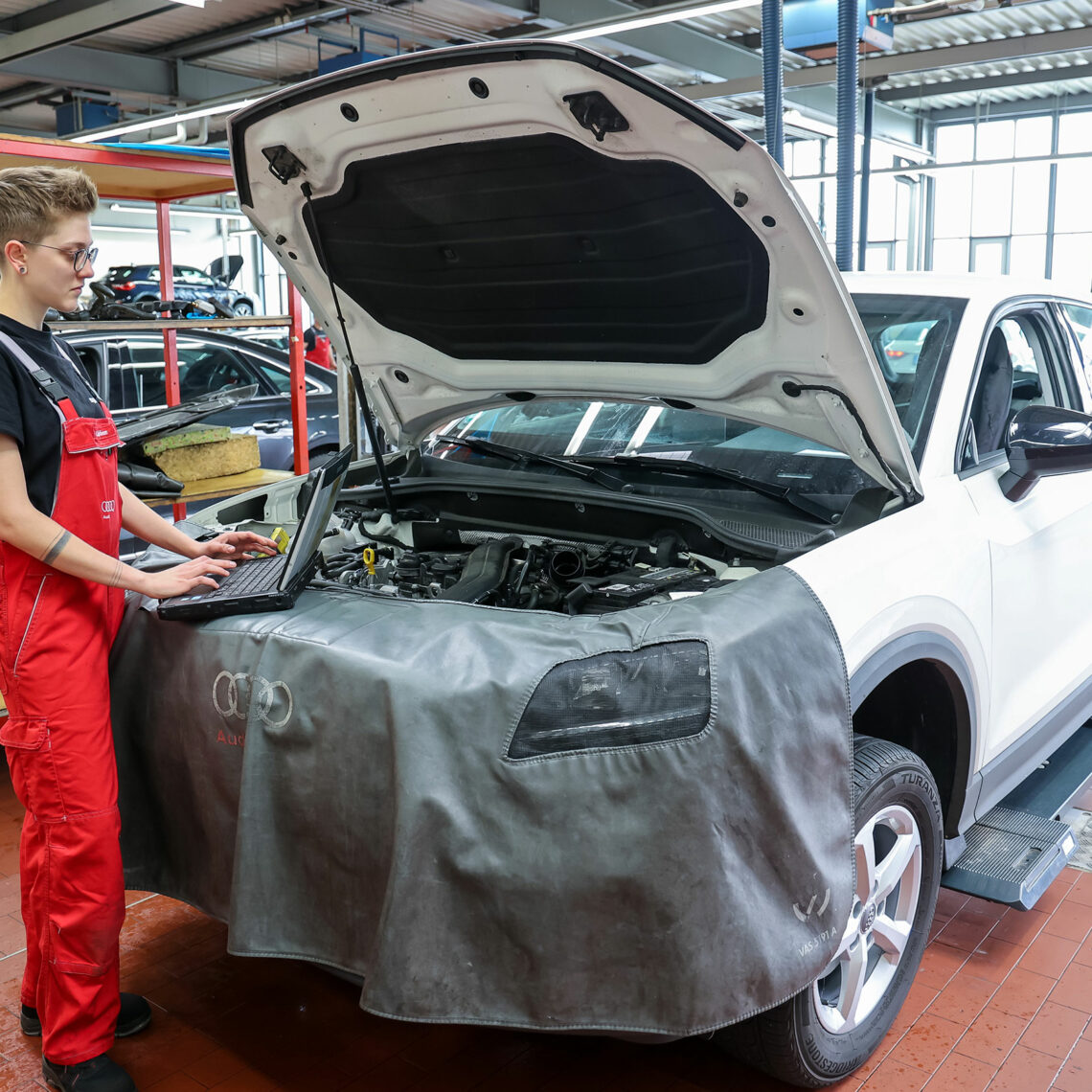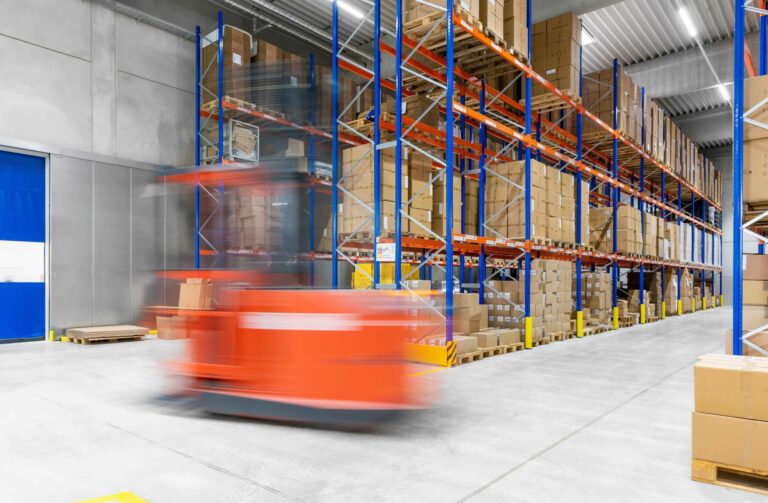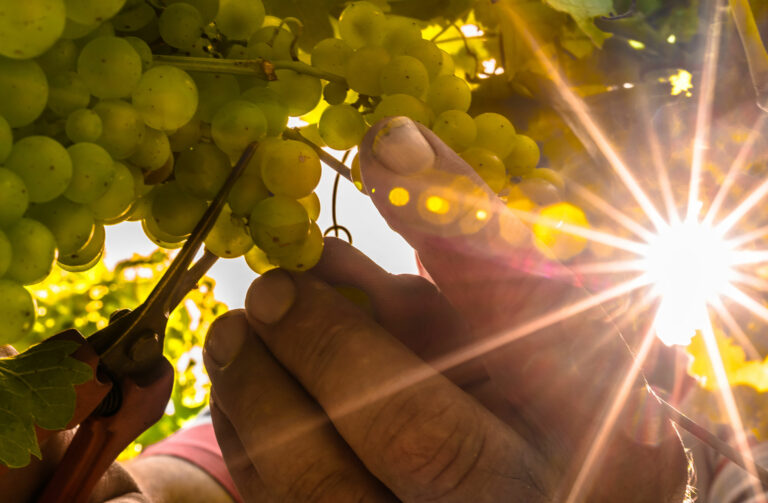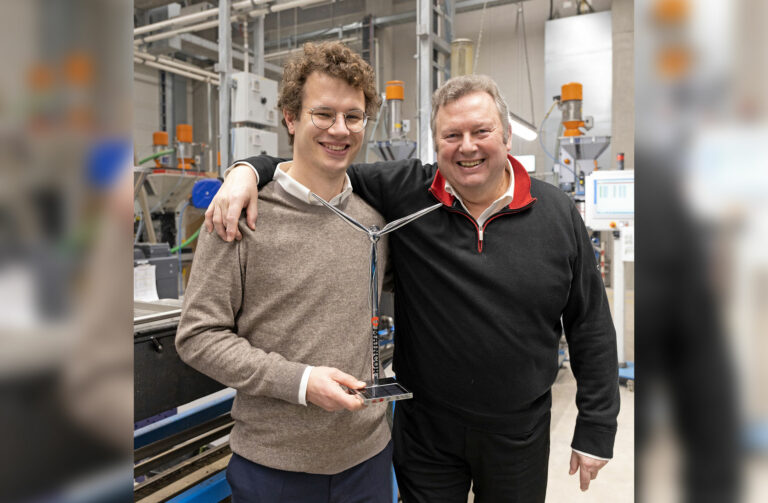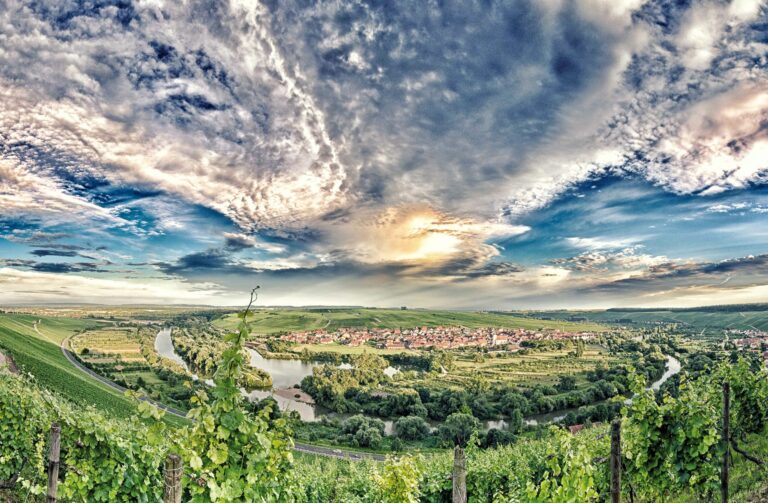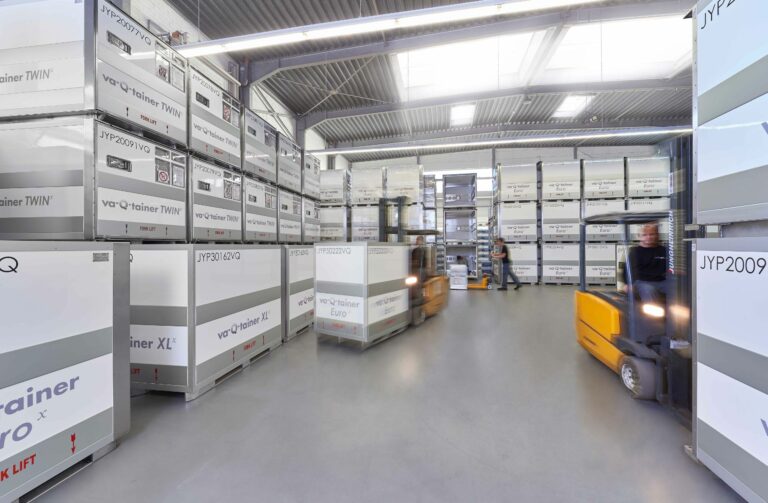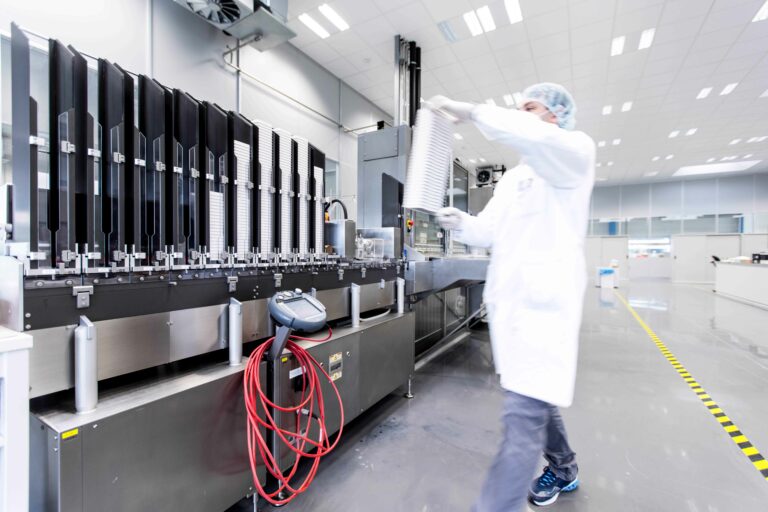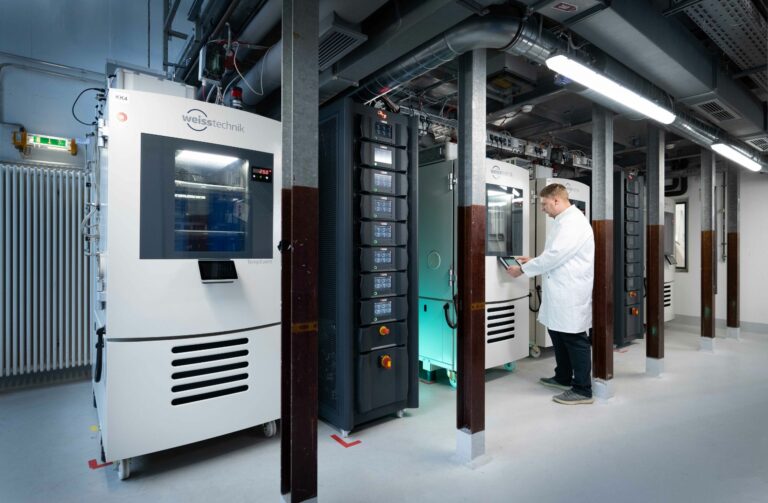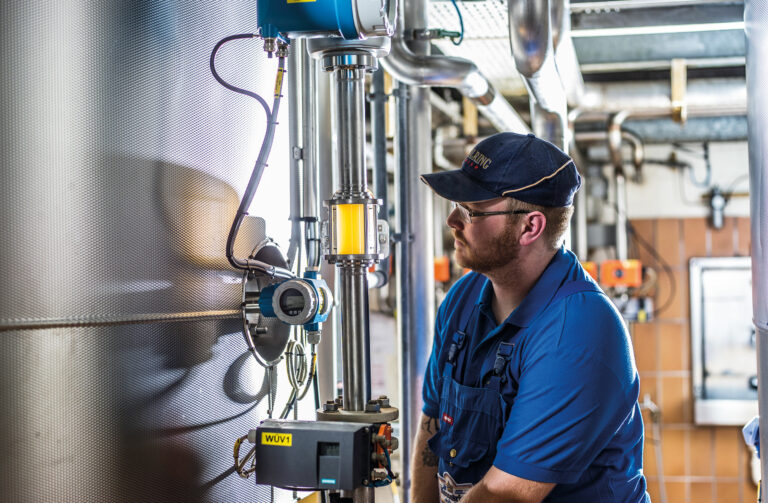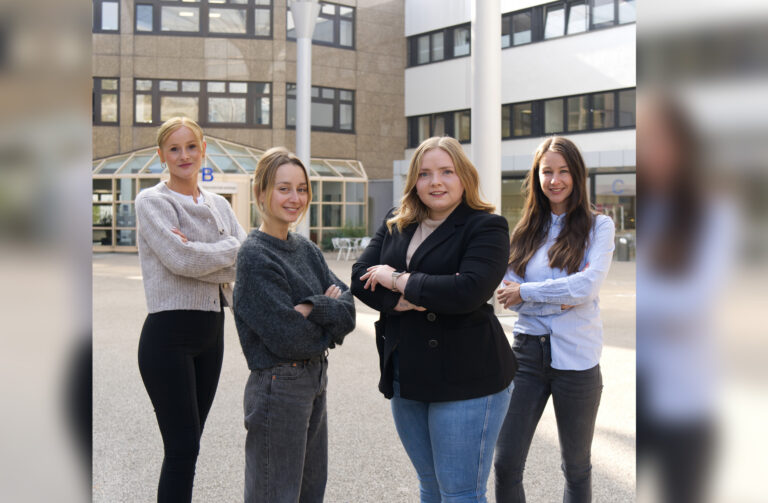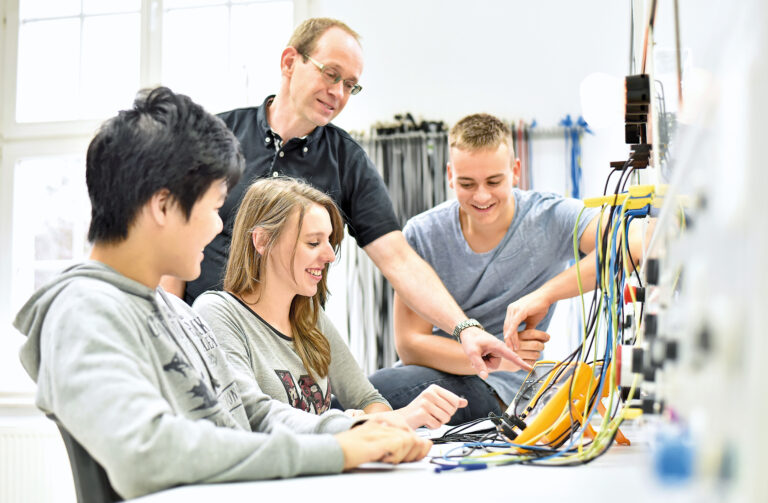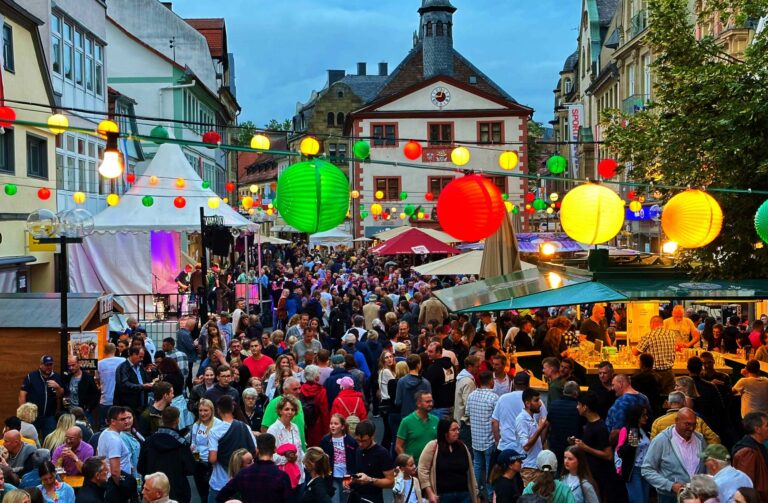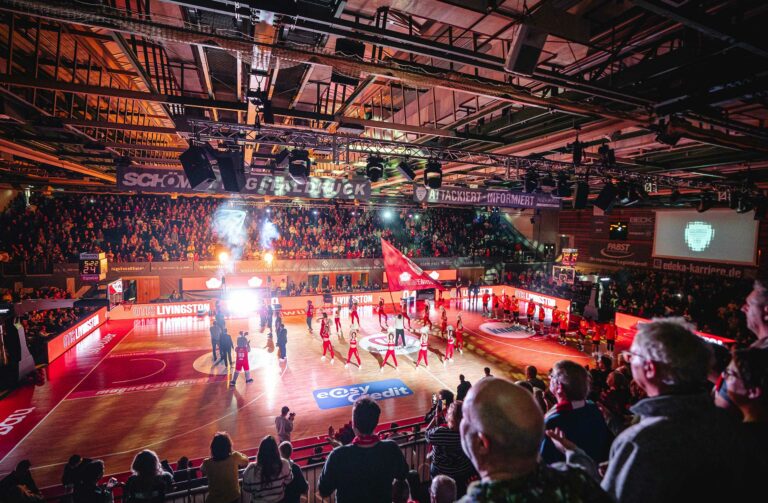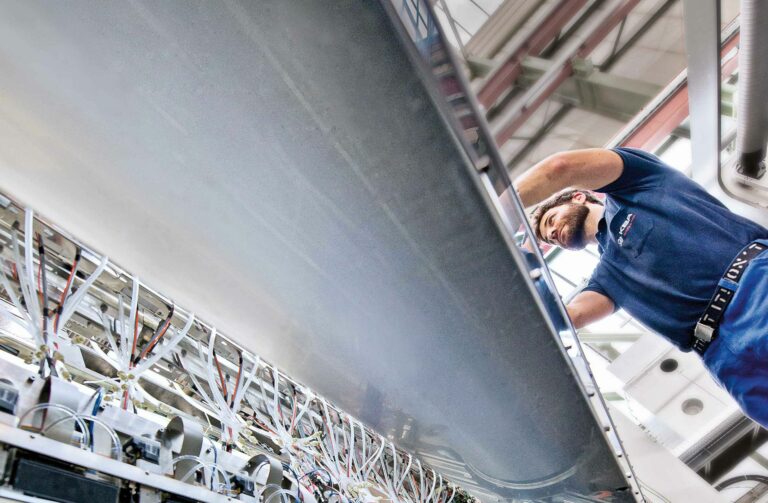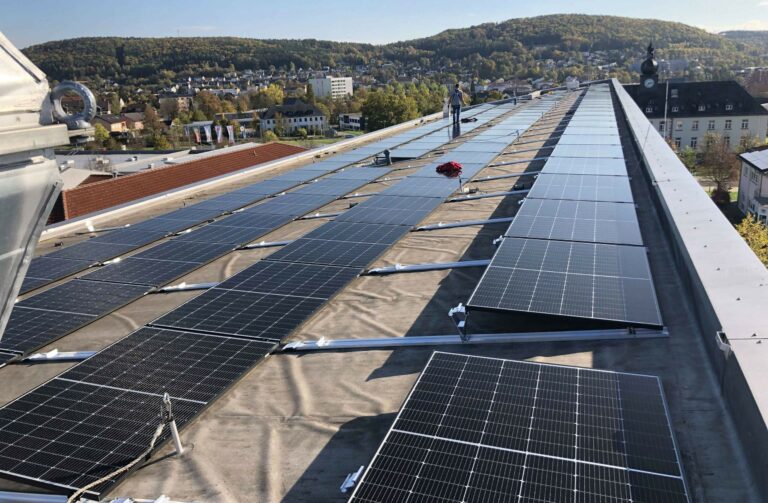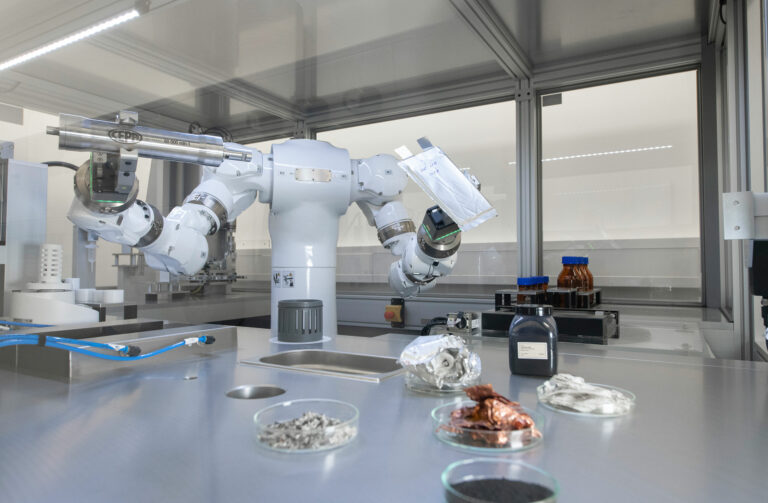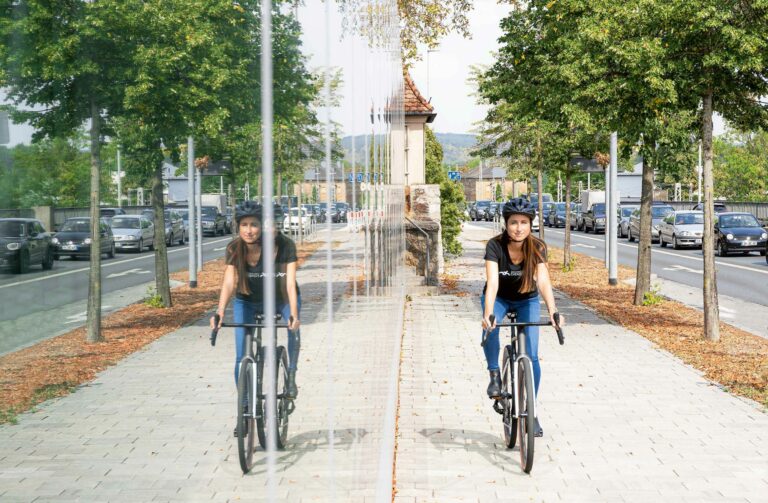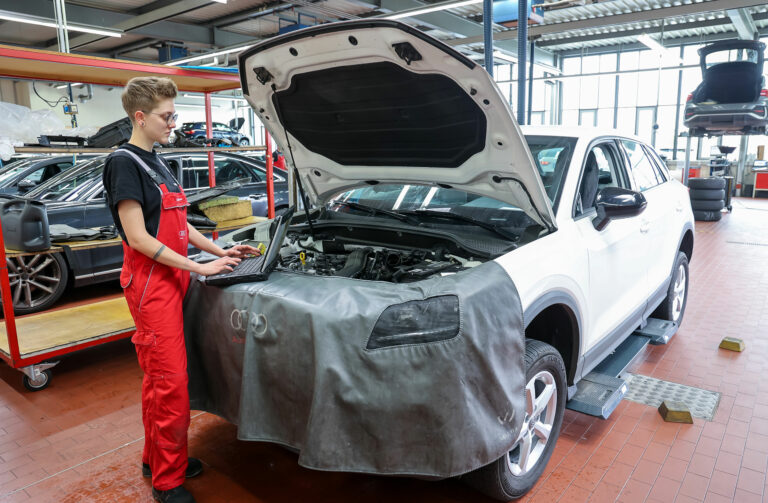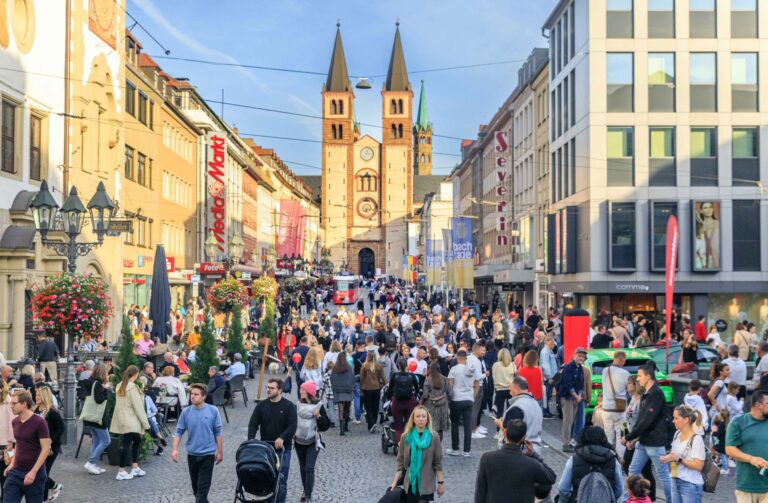The skilled crafts sector is more than you think
There are certain words that have come into common use for describing the years since 2020. The word „crisis“, for instance, is used in various contexts for this purpose. The past few years have put us under a great stain in many ways – as a society, as a region of Lower Franconia, as a Lower Franconian skilled crafts sector. We have met the challenges that the Covid-19 crisis, the energy crisis, the war in Ukraine and inflation have brought and continue to bring.
The skilled crafts sector is about getting stuck in, about doing. As a skilled crafts entrepreneur, this is part of my day-to-day business. In keeping with the motto: Something is not quite right? – We’ll find a solution! There is great potential in this. The skilled crafts sector is systemically important in many areas, ensuring that important things work and that quality of life is maintained. At the very least, these crises have also brought about a positive change: more visibility for the skilled crafts sector’s otherwise invisible services and quality that are taken for granted.
Even if the effects of the combined crises have hit and affected the skilled crafts sector, and individual companies, in very different ways, the skilled crafts sector remains “the economic power next door”, and therefore a strong mainstay of our economy. It is the many small and medium-sized enterprises in the skilled crafts sector that are the heart of the German economy. In Lower Franconia alone, there are around 19,500 skilled crafts businesses with around 93,000 employees. In 2022, they generated a turnover of 12.5 billion euros. With an average size of five employees, the structures still feel like that of a family. The focus is on a personal approach. In a world where it seems that many things are becoming more and more impersonal and superficial, that is worth a lot, real added value.
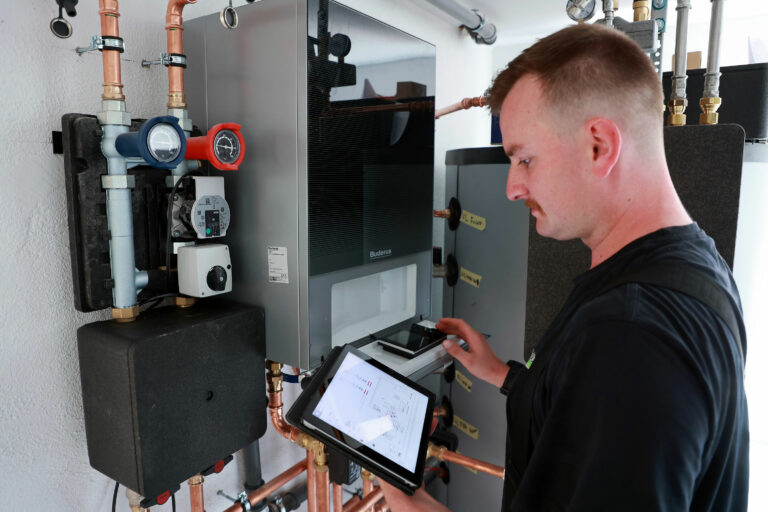
Tradition and the future
The skilled crafts sector has always been an important driver of innovation in our country. Its services and products shape our everyday lives, in fact our whole life. Our society would not function without the skilled crafts sector. Many skilled crafts have been practised for centuries and still have their firmly established place in society today. With new technologies come new professions. Here, the skilled crafts sector has a key position, providing valuable services as a technology intermediary as it installs, assembles, maintains and repairs. Many new technologies, for example in the field of energy efficiency, can only be implemented and made usable for consumers by the skilled crafts sector. Efficient use of energy requires many approaches: for example, skilled crafts companies ensure that buildings are optimally insulated and consumption is efficiently controlled.
By installing and putting renewable forms of energy into operation, such as photovoltaics, heat pump technology or with mini plants for combined heat and power, skilled crafts businesses also enable their customers to generate their own energy. And this is just one part of the diverse range of solutions that the skilled crafts sector implements with regard to sustainability and climate action. The urgency of many measures in these areas and the central role of the skilled crafts sector have also recently drawn more attention to the importance of this branch of the economy.
The skilled crafts sector deserves appreciation!
Despite a higher profile and a spreading change in people’s views of the sector, the skilled crafts sector is often still underestimated and not widely appreciated. We therefore call on everyone to show the skilled crafts sector the respect it deserves. For what every single skilled craftsperson does day in day out, ensuring quality of life for people right there where they live. As a Chamber of Skilled Crafts, we call for greater respect for vocational training. As vocational and academic education are equally important for successful transformation in Germany. This must be reflected in more non-material and material appreciation for vocational education and training, which must also be enshrined in law.
Only then can we shape a future society that brings more benefits for everyone, no matter what crisis the futur may bring.
The skilled crafts sector in Lower Franconia (as of: 31/12/2022):
- Businesses 19,556
- Employees* 92,900
- Apprentices 6,890
- Turnover (in EUR million)** 12,550
- Employees per business 4.8
- Training quota (share of apprentices among all employees) 7.4%
- Turnover per business (in EUR)* 641,747
*The data on employees and turnover (excluding B2 occupations) are based on the update of the evaluation of the business register as of 31/12/2020 by the Bavarian State Office for Statistics, estimates 2021-2022 Bavarian State Office for Statistics, estimates 2021-2022
**Nominal turnover, not price adjusted
Header picture: Rethinking the skilled crafts sector – this appeal from the image campaign by the German Confederation of Skilled Crafts calls on everyone to explore what skilled crafts actually entail. Often more than you think!
